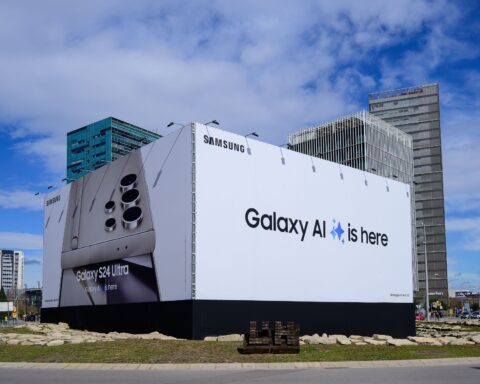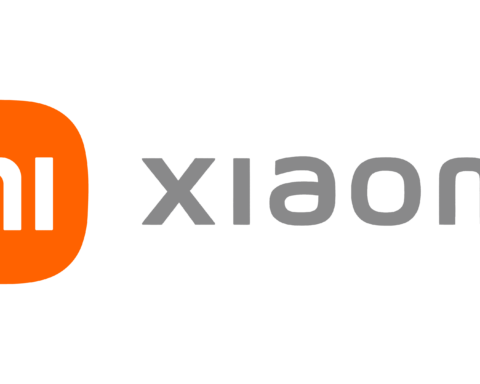Samsung Electronics Co. experienced a significant surge in profit during the first quarter of 2024, driven by a notable improvement in its semiconductor division and strong sales of the Galaxy S24 smartphones. This positive performance marked a turnaround for the company’s semiconductor sector and surpassed analyst expectations.
Preliminary data revealed that Samsung’s operating profit stood at approximately 6.6 trillion won ($4.9 billion) for the quarter, exceeding the projected figure of 5.37 trillion won. This upturn ended a series of consecutive quarterly declines that began in the third quarter of 2022. Meanwhile, revenue for the quarter reached around 71 trillion won, slightly below the estimated 71.8 trillion won. Detailed earnings, including divisional breakdowns, will be disclosed later this month.
These results underscore the rebound in demand for memory chips, which are integral to various electronic devices. South Korea’s chip exports surged by 35.7% year-on-year in March, totaling $11.7 billion, marking the highest monthly sales since March 2022. Additionally, stronger pricing for memory chips contributed to the positive performance. Major DRAM producers increased prices by 7% to 10% on average in the first quarter, aided by normalized inventory levels for smartphones and PCs.
Kyung Kye-hyun, Samsung’s CEO overseeing the semiconductor business, expressed optimism during the company’s annual shareholders’ meeting on March 20. He anticipated a recovery in the semiconductor business to 2022 levels this year as the protracted market downturn shows signs of subsiding. In 2022, the company achieved an operating profit of over 10 trillion won per quarter. Kyung highlighted Samsung’s focus on advancing its packaging business, supported by the establishment of a dedicated team the previous year.
Part of Samsung’s optimism stems from endorsements by industry leaders like Jensen Huang, co-founder of Nvidia Corp., who recognized Samsung as a supplier of high-bandwidth memory (HBM) chips, critical for graphic processors used in training AI systems. HBM represents a strategic area for Samsung to excel in the competitive chip market, where it does not hold a clear lead. Samsung reported a more than 40% increase in HBM sales in the December quarter, signaling a positive trajectory for memory demand.
Overall, Samsung’s robust performance in the first quarter of 2024 reflects the recovery in the semiconductor sector and the sustained demand for memory chips. With improving market conditions and strategic initiatives in advanced packaging, Samsung aims to maintain its position as a leading chipmaker while capitalizing on opportunities for growth in key segments like HBM chips.






